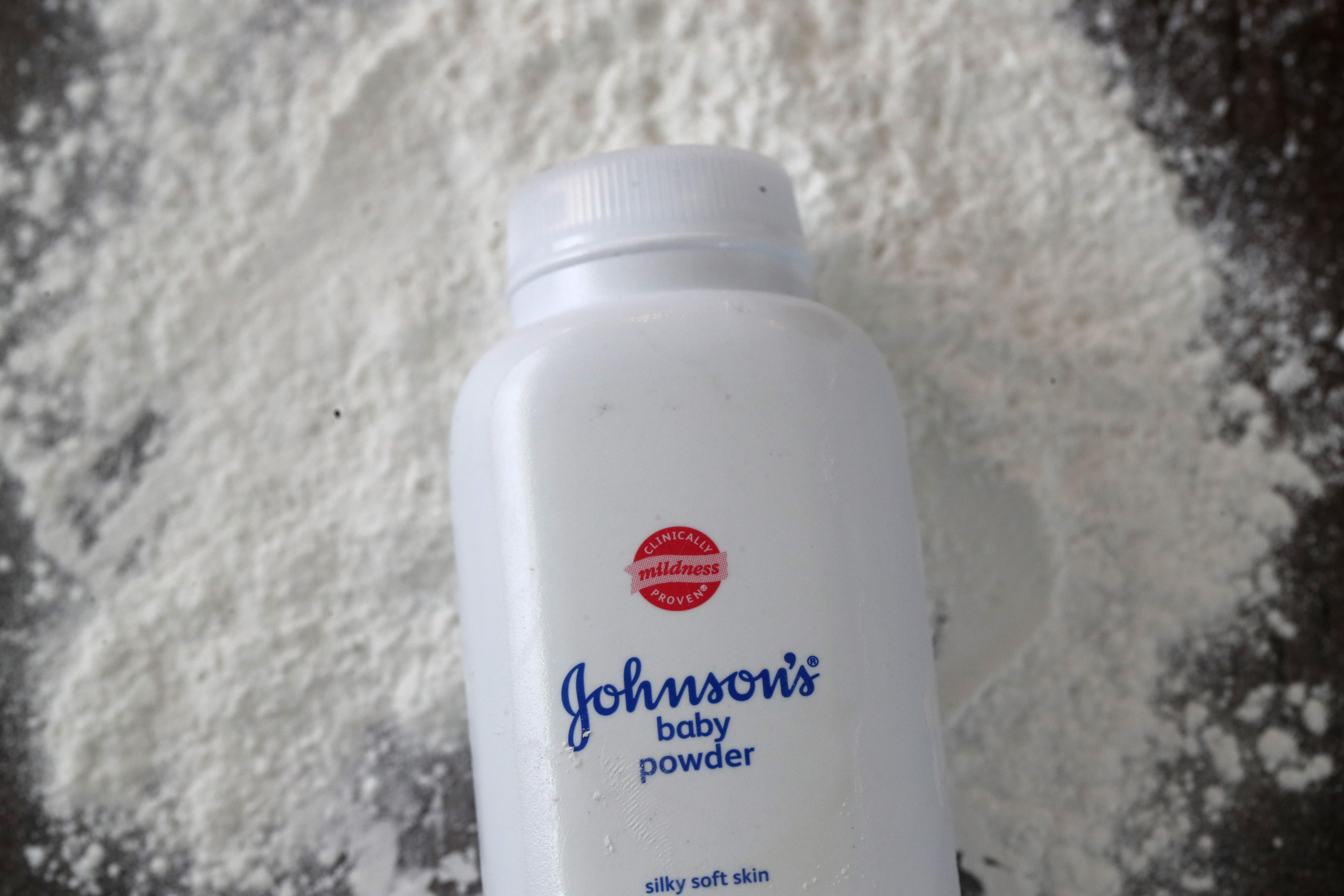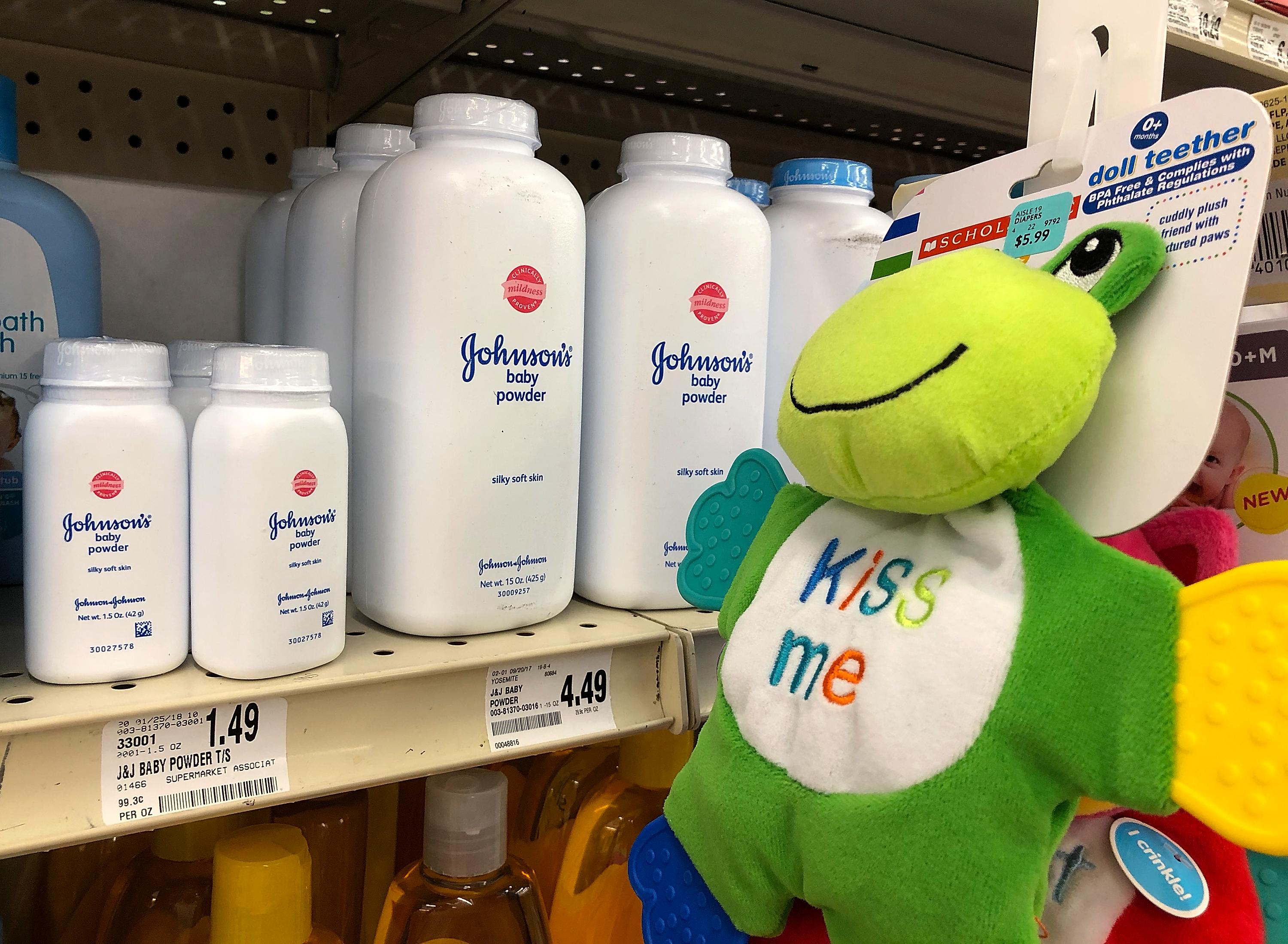Will Johnson & Johnson Settle Remaining Talcum Powder Cases?
Johnson & Johnson is still dealing with lawsuits related to its talcum powder product. Will the company settle?
Oct. 15 2021, Published 1:32 p.m. ET
Some parents' worst fear came true when Johnson & Johnson revealed in October 2019 its talcum powder—or baby powder—contained trace amounts of asbestos. The company recalled tens of thousands of bottles from store shelves.
Johnson & Johnson has already settled some lawsuits, but there are many left. After all, tens of thousands of lawsuits were filed on behalf of consumers burnt by what was a potentially deadly baby powder faux paus.
How did asbestos get into Johnson's baby powder?
In the latter half of 2019, Johnson & Johnson CEO Alex Gorsky told the public, "We unequivocally believe that our talc and our baby powder does not contain asbestos."
However, 13 days later, the FDA dropped a bombshell and proved that there was asbestos in the product.
A Reuters investigative report revealed that J&J knew that its baby powder contained trace elements of asbestos for decades. "J&J didn’t tell the FDA that at least three tests by three different labs from 1972 to 1975 had found asbestos in its talc—in one case at levels reported as 'rather high,'" reporters wrote.
Asbestos comes from a mineral called tremolite, which is one of six minerals that's classified as asbestos in its natural fibrous form. Tremolite gets into the baby powder from talc mines. Asbestos can (and does) cause different types of cancers.
Johnson & Johnson settled some talcum powder cases in 2020.
A woman named Jacqueline Fox died of ovarian cancer from using Johnson & Johnson baby powder. J&J paid Fox's family $72 million in a 2016 settlement. At the time, this was one of hundreds of lawsuits.
Since the FDA's report in 2019, tens of thousands of lawsuits have crept into J&J's line of vision. In 2020, the company settled 1,000 cases for a collective $100 million. In total, the company has already paid $3.5 billion in settlements and verdicts.
J&J puts remaining liabilities into bankrupt subsidiary
On Oct. 14, J&J put tens of thousands of remaining talcum powder lawsuits into a subsidiary. The company created the subsidiary for the purpose of holding liabilities and sending them into bankruptcy.
The newly formed entity is called LTL Management, LLC. The limited liability company filed for bankruptcy protection independently.
This maneuver took place in North Carolina, but the process is called a "Texas two-step bankruptcy" that allows a company to continue operating despite heavy liabilities.
Will J&J settle remaining baby powder cases?
Now that LTL is a separate entity under J&J's operation, it will have to move through bankruptcy proceedings on its own. Meanwhile, all of the standing talcum powder causes will be paused.
So far, J&J is reaching $1 billion in defense costs against 40,000 cases, not including its $3.5 billion in payouts already.
J&J General Counsel Michael Ullmann wrote about the matter, "We believe resolving this matter as quickly and efficiently as possible is in the best interests of (J&J) and all stakeholders."
As for those bearing the brunt of cancerous baby powder, the answer isn't so clear-cut. Linda Lipsen, the CEO of the American Association for Justice, wrote that the two-step bankruptcy is "an unconscionable abuse of the legal system."


